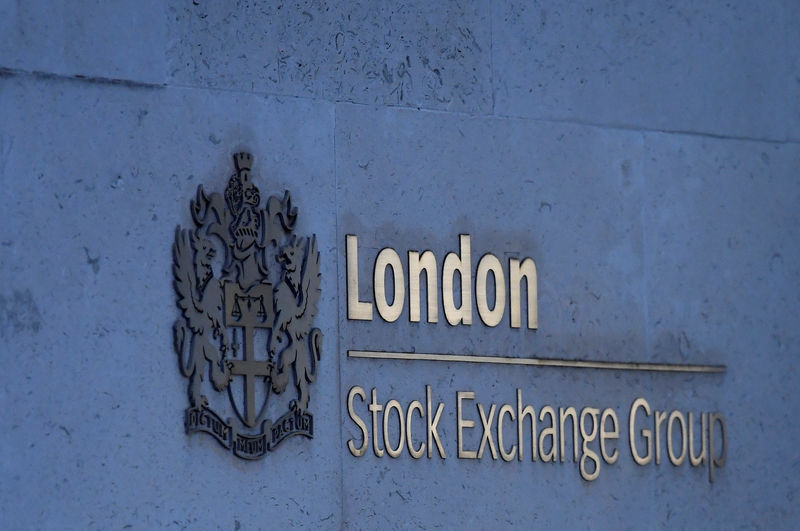By Marc Jones
LONDON (Reuters) - Action on world markets focused on bonds on Wednesday, with a fresh slide in benchmark debt yields on simmering global trade war and recession fears, central bank easing bets and ebbing oil prices.
EU leaders' nomination of IMF chief Christine Lagarde as Mario Draghi's replacement at the helm of the European Central Bank reinforced expectations of monetary policy easing in the bloc.
Traders greeted the decision by sinking German 10-year Bund yields to record lows of minus 39 basis points first thing and Italian two-year yields back into negative territory for first time in over a year.
The ten-year UK gilts yield fell 4 basis points to 0.687. The yield is below the BoE's main policy rate for the first time in a decade.
"We have already seen some weak data in recent weeks so that is the backdrop (for the plunge in bond yields)," said Head of Macro Strategy at Rabobank Elwin de Groot.
"And now have Christine Lagarde as the likely successor of Mr Draghi at the ECB, which for the market says that the dovish policies will continue."
European shares took little notice of some sizeable overnight falls for Asia's big bourses to push 0.6% higher. Gains were however led by an unusual pairing of traditionally defensive healthcare stocks and carmakers, which jumped 1.2%. (EU)
There was plenty of data to digest too. Euro area business activity picked up slightly last month, figures showed, but it remained weak as a modest upturn in the services industry offset a continued deep downturn in factory output.
Worryingly, forward-looking indicators did not point to a bounce back, and other data showed Britain's economy appeared to have contracted in the second quarter against a backdrop of Brexit and global trade worries.
"The latest downturn has followed a gradual deterioration in demand over the past year as Brexit-related uncertainty has increasingly exacerbated the impact of a broader global economic slowdown," Chris Williamson, chief business economist at IHS Markit, said of the UK reading.
CROWN ON TOP
In the currency markets, the pound flirted with two-week lows after the PMI data and stood at $1.2568, on course for its fifth drop in the last six sessions.
The euro was steadier at $1.1282 while the dollar traded down at 107.70 yen, off Monday's high of 108.535 hit after the weekend agreement between the United States and China to resume trade talks.
Sweden's crown meanwhile hit a 2-1/2 month high of 10.4890 versus the euro after the Riksbank bucked the global trend back towards cutting interest rates and said it remained on track to raise its by early 2020, albeit with some caveats. [/FRX]
Oil prices also rose a touch after data showed U.S. crude inventories fell more than expected last week but remained wobbly after a more than 4% dive on Tuesday, even after OPEC and allies including Russia agreed to extend supply cuts. [O/R]
Brent crude futures traded at $62.85 per barrel, up 0.7%, while U.S. West Texas Intermediate (WTI) crude futures rose 0.6% to %56.56 a barrel, following a 4.8% drop the previous day.
Safe-haven gold was back on the rise too, up 0.5% at $1,425.64 per ounce having reached as high as $1,435.99. [GOL/]
